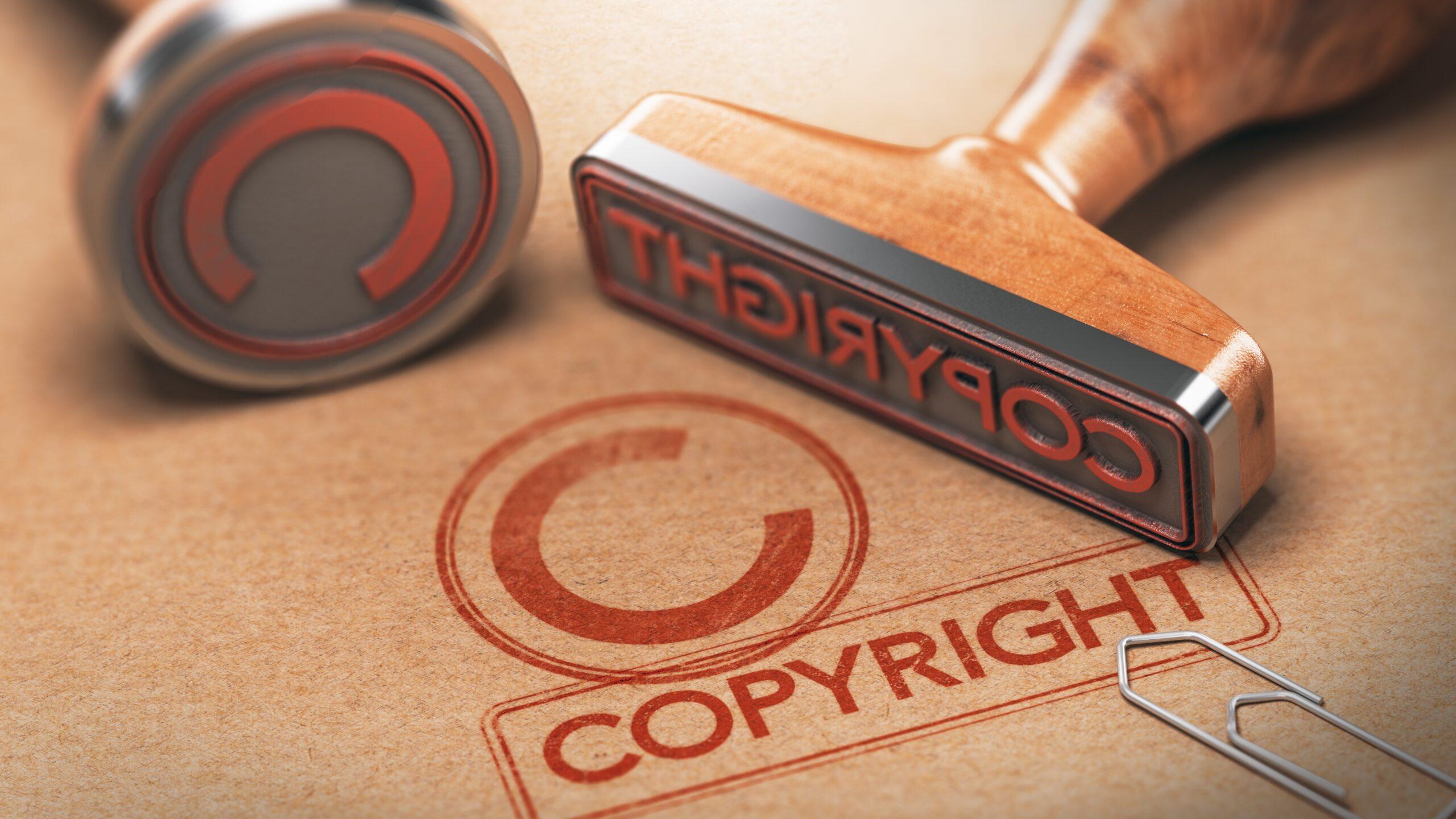
In an era where digital landscapes shape consumer behavior, YouTube has emerged as a dominant platform for influencer marketing. With millions of content creators thriving on the site,brands are increasingly turning to these influencers to amplify their messages and reach targeted audiences in an authentic way. However, as enticing as this dynamic partnership might seem, it is fraught with legal complexities that can trip up even the savviest marketers. From understanding disclosure requirements to navigating copyright issues, the legal landscape of YouTube influencer marketing is intricate and often underestimated. In this article, we will explore the essential legal considerations that brands and influencers must navigate to forge prosperous collaborations and safeguard their interests. Join us as we demystify the rules of engagement in this vibrant ecosystem, ensuring that your influencer marketing strategies soar without legal pitfalls.
Understanding the Legal Landscape of Influencer Marketing on YouTube
Influencer marketing on YouTube is thriving, yet navigating its legal complexities is essential for creators and brands alike. One primary consideration is disclosure requirements mandated by the Federal Trade Commission (FTC). This entails clearly indicating when content is sponsored or endorsed, using hashtags like #ad or #sponsored. Adhering to these guidelines not only builds trust with the audience but also protects influencers from potential legal repercussions. Other important legal aspects include copyright issues, where content creators must ensure that they have the rights to any music, clips, or images included in their videos. Ignoring these rights can lead to takedown notices or even lawsuits, jeopardizing both creators’ and brands’ reputations.
Furthermore, contractual agreements play a vital role in successful influencer partnerships. Both influencers and brands shoudl engage in clear contracts that outline the scope of work,compensation,and content ownership. here’s a quick look at key elements that should be included in these agreements:
| Contract Element | Description |
|---|---|
| Scope of work | Details on content type and delivery schedule. |
| compensation | Payment details including rates and timelines. |
| Content Ownership | Clarifies who owns the content created. |
| Termination Clause | Guidelines for ending the partnership. |
By understanding and adhering to these legal essentials, influencers can effectively safeguard their careers while brands can foster authentic and legally compliant partnerships, enhancing the overall integrity of YouTube’s marketing ecosystem.

Essential Disclosure Policies: What Every Influencer Must Know
In the realm of influencer marketing, transparency isn’t just a recommendation; it’s a requirement. Influencers must disclose any material connections they have with brands to maintain trust with their audience and comply with legal regulations. Federal Trade Commission (FTC) guidelines dictate that any compensation or incentive received—whether it’s monetary, free products, or services—should be clearly communicated.This can be achieved thru direct statements in videos, descriptions, or pinned comments. Key points to cover include:
- Labeling sponsored content with phrases like “Paid Partnership” or “Sponsored by”
- Being upfront about receiving products for review purposes
- Using clear and concise language that the audience can easily understand
Moreover, the platform itself, like YouTube, provides tools for influencers to ensure disclosures are easily noticed. As an example, including disclaimers in the video description or utilizing YouTube’s features to mark videos as sponsored can make a significant difference. It’s important to stay informed about evolving regulations, which may vary by jurisdiction, as this can impact how disclosures are handled. Consider the following best practices for effective compliance:
| Best Practices | Description |
|---|---|
| Use Hashtags | Incorporate hashtags like #ad or #sponsored at the beginning of your video description. |
| Verbal Disclosure | Mention your sponsorship verbally at the beginning of the video to ensure it’s heard. |
| Consistency | Always disclose sponsorships,irrespective of the format or platform. |

Copyright and Content Ownership: protecting Your Creative Assets
In the dynamic world of influencer marketing, understanding copyright and content ownership is essential for safeguarding your creative assets. As an influencer, you generate original content that can include videos, music, graphics, and more. It’s crucial to recognise that the moment you create something, you hold the copyright to it, but there are additional layers to consider, especially when collaborating with brands. To ensure proper protection of your work, it’s advisable to maintain clear agreements that define who owns what. Here are key points to remember:
- Original Content: Always create unique content to maintain your copyright.
- Contracts: Use contracts to clarify ownership rights in collaborations.
- License Agreements: Understand the licensing terms if a brand wants to use your content.
The complexities of copyright can sometimes lead to unintentional infringement. As an example, using music or images without proper rights can have serious legal ramifications. Always ensure that everything you incorporate into your content complies with copyright laws. Maintaining proper documentation and records related to your created content will bolster your claims of ownership. To illustrate potential scenarios, consider the following table about copyright practices:
| Scenario | Action | Outcome |
|---|---|---|
| Using Stock Music | Purchase a license | Legal use without infringement |
| Collaborating with a Brand | Draft a clear contract | Defined rights for both parties |
| Posting Fan Art | Seek permission from the original artist | Avoiding claims of copyright violation |

Contractual Agreements: Crafting Fair and Effective Partnerships
In the ever-evolving landscape of influencer marketing, contractual agreements are the backbone of strong, successful partnerships. These documents not only define the expectations of both parties but also protect their rights and delineate responsibilities. A well-crafted contract should include essential components such as:
- Scope of Work: Detailed description of the tasks, deliverables, and timeline.
- Compensation: Clear outline of payment terms, including amounts, method of payment, and any performance incentives.
- Intellectual Property Rights: Specification of who owns the content created and how it can be used.
- Confidentiality Clauses: Terms to protect proprietary information and trade secrets.
- Termination Conditions: Clear guidelines on how to end the agreement if necessary.
It is crucial to tailor these agreements to the unique nature of each partnership, as no two influencer collaborations are alike. A thorough understanding of the legal nuances can make or break a campaign, fostering a collaborative atmosphere based on mutual respect and fair dealings. Below is a simple comparison of common contract types that might be utilized in influencer marketing:
| Contract Type | Purpose |
|---|---|
| Flat Fee Agreement | Set payment for specific deliverables. |
| Performance-Based Contract | Compensation tied to specific outcomes or metrics. |
| Commission-Based Agreement | Payments based on sales or referral results. |
The Conclusion
navigating the landscape of YouTube influencer marketing requires not only creativity and strategic thinking but also a keen understanding of the legal landscape that guides it. As the platform continues to evolve, so too do the regulations and best practices that shape influencer partnerships. By prioritizing transparency,adhering to FTC guidelines,and ensuring fair compensation,brands and influencers can forge authentic connections with their audiences while safeguarding themselves against potential pitfalls.
As we move forward, let this be a reminder that successful influencer marketing is more than just numbers and trends; it’s about cultivating trust and fostering genuine relationships. Embracing the legal essentials in this dynamic space not only protects your brand but also enhances your reputation in the eyes of consumers. So, whether you’re a budding influencer or a seasoned marketer, equip yourself with the knowledge to harness the full potential of YouTube, ethically and effectively. With the right approach, the partnership between brands and influencers will continue to flourish, creating a vibrant ecosystem that benefits all involved. Happy navigating!